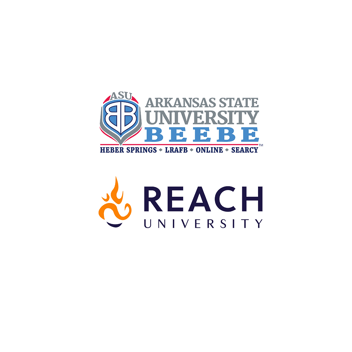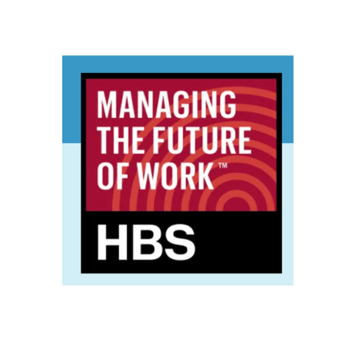Opinion: Will ‘Apprenticeship Degrees’ Come to America?
Written by: Reach University
2 min read
"Among high school seniors, a privileged few get to pick between elite, world-renowned colleges like Columbia, Duke, Harvard, MIT, Northwestern, Stanford, Wellesley and Yale. What if they could pick Goldman Sachs?," writes Reach University's President, Joe E. Ross, in his latest op-ed, published in Inside Higher Ed.
Degree-seekers can now apply to places like Goldman Sachs, IBM, Deloitte, and Rolls Royce for their B.A. In the U.K., that is.

With the rise of apprenticeship-based bachelor's degrees on both sides of the Atlantic, what are the implications and opportunities for traditional higher education and workforce-ready talent here in the U.S.?
President Ross tackles this questions and more. Highlights include:
"Imagine a job—a paid job—that turns into a degree. Applicants apply to the employer. The diploma is conferred by a collaborating university. But the action happens outside the ivory tower. Much of the learning comes from on-the-job work. The rest comes from job-relevant classes typically held outside working hours. Tuition is largely paid for as part of the learner’s compensation. No student loans."
Early adopters in the U.S. are not automobile manufacturers but state education agencies and K-12 school districts seeking to address the teacher shortage. Last year, Tennessee was the first state to launch a federally registered teacher apprenticeship program, which provides U.S. Department of Labor funding for school staff (like classroom aides and bus drivers) and others to earn college credit while working as apprentice teachers.
At Reach, we now offer apprenticeship-based bachelor’s degree programs specifically for school employees in Alabama, Arkansas and California, in addition to Louisiana. Launched in fall 2020, our fully job-embedded programs exclusively serve aspiring teachers. Still, when describing our approach, I nearly always get the same question: Could this idea expand in the U.S. to fields outside of teacher preparation? I think the answer is yes. Just look at what’s happening in the U.K. More than 100 universities now offer so-called degree apprenticeships in fields ranging from finance to health care, and more than 40,000 new students enroll each year.
The emergence in the U.K. of a debt-free, job-embedded degree has three notable implications for the future of American higher education.
(1) For starters, we should be skeptical of narratives that describe the apprenticeship as a mere alternative to college. This is a false binary. An apprenticeship that intentionally leads to a degree provides both near-term job skills and long-term upward mobility.
(2) Second, imagine the future of college as the future of work: the workplace becomes a campus. Colleagues become classmates. Classes may be online, but learners are not remote. This would be a big change for higher education.
(3) Finally, when it comes to the nation’s seemingly intractable student loan crisis, the debt-free apprenticeship degree could save the day. But this will only happen if job-embedded higher education goes mainstream, drawing the imagination of learners across all income levels.
Read President Ross' full opinion piece, originally published in Inside Higher Ed, here.
 Reach University teaching candidate Morgan Thibeau, with the author, Reach president Joe E. Ross, in the background, at Brusly Upper Elementary in Louisiana.
Reach University teaching candidate Morgan Thibeau, with the author, Reach president Joe E. Ross, in the background, at Brusly Upper Elementary in Louisiana.

